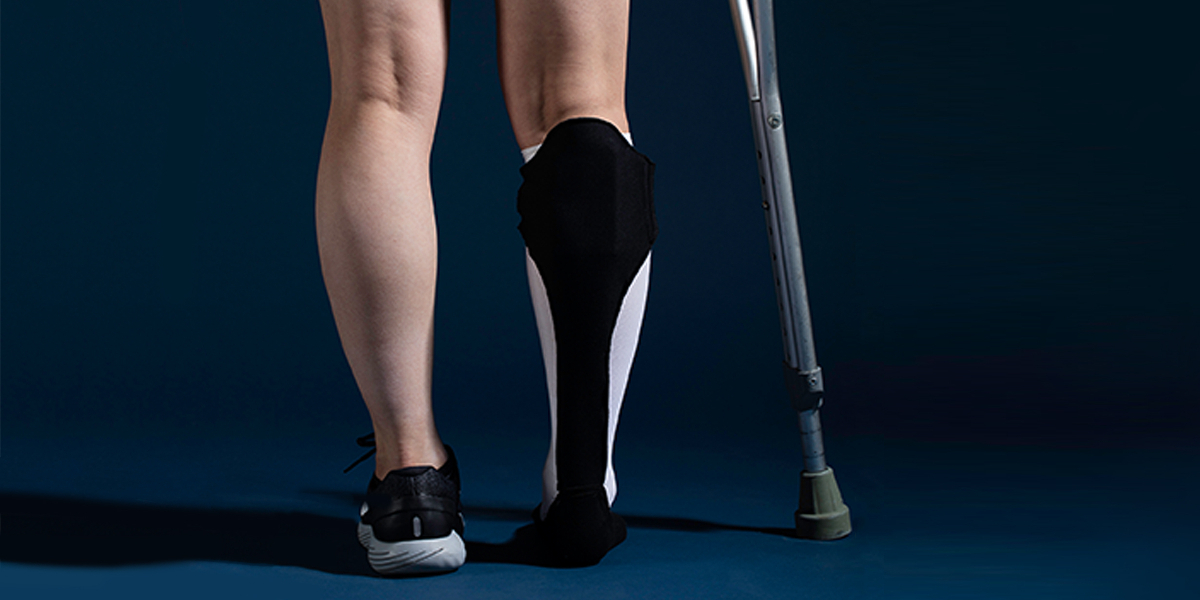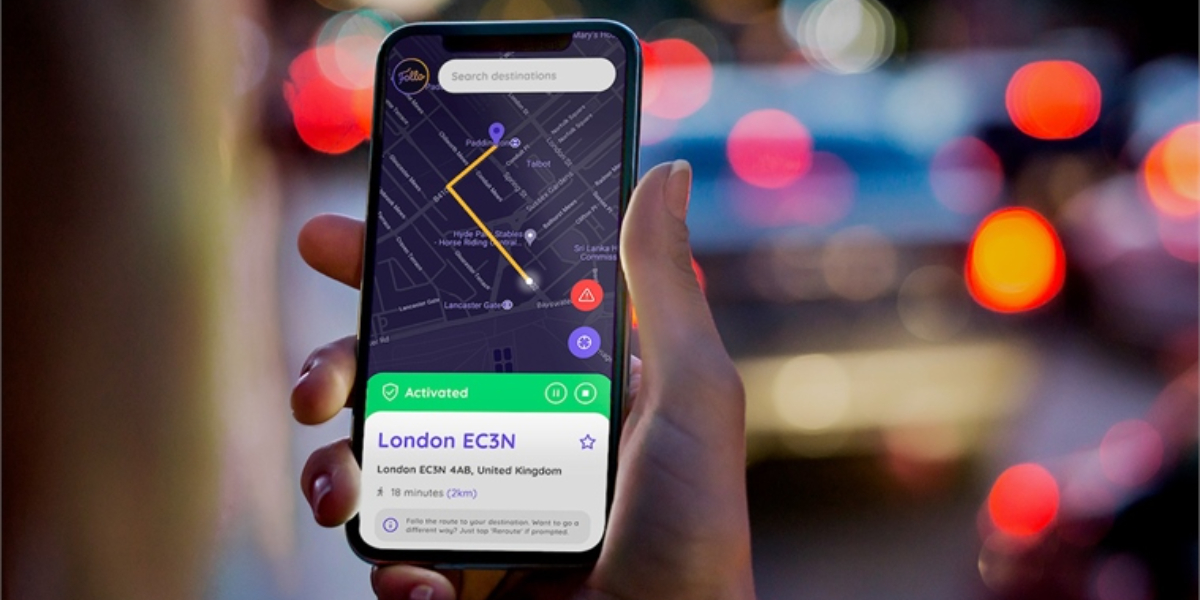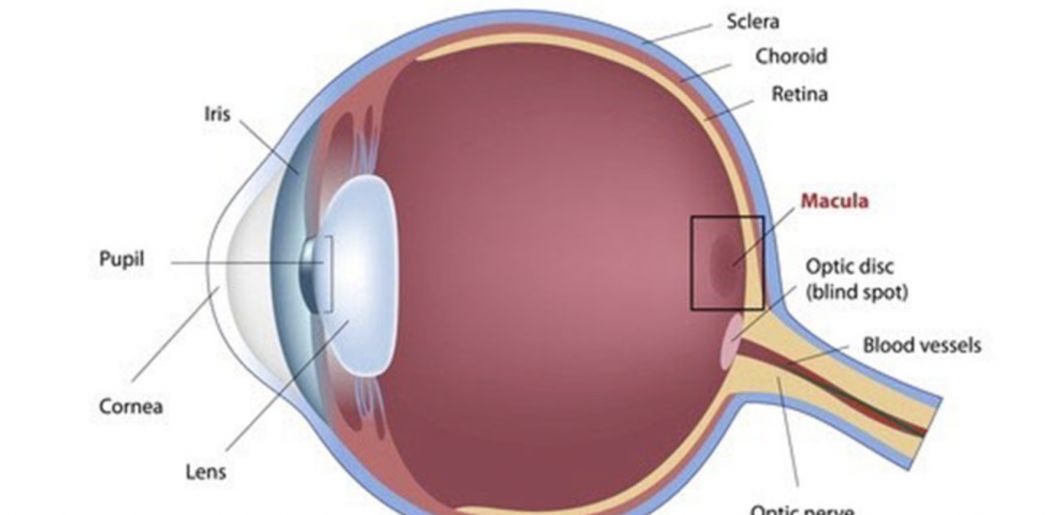AÑO
2023
CATEGORÍA
Cuerpo
OBJETIVOS
Salud y bienestar
PAL. CLAVE
Medical Design , prevention, health monitor
PAÍS
México
CRÉDITOS
Yael Viridiana Lina, Sandra Paola García
LINK
https://www.behance.net/gallery/106655401/MOTUS
Motus
A wearable that monitors blood flow to timely detect thrombi when the legs are immobilized.
How does it work?
When injured, the patient wears a sock with a heart rate sensor (located above the nail of the big toe) that detects differences in the intensity of the pulsations. Then, through a Bluetooth module, it sends a notification to the app previously installed on the patient's and doctor's phones.
Why is it needed?
Just in one hospital, around 1080 fractures are treated per year, of which a percentage between 80% and 60% have complications.
After analyzing the recovering experience from a leg injury (fracture or splint); we found out that users went through a lot of pain, had to change their daily habits, and were worried about secondary complications, such as swelling, tingling, or clot formation.
When the legs are immobilized, the risk factor of clot formation increases up to 80% so Motus seeks to timely detect blood pressure changes and prevent this complication.
How does it improve life?
The device seeks to improve the recovery experience and reduce the risk of complications arising from the healing process itself.




